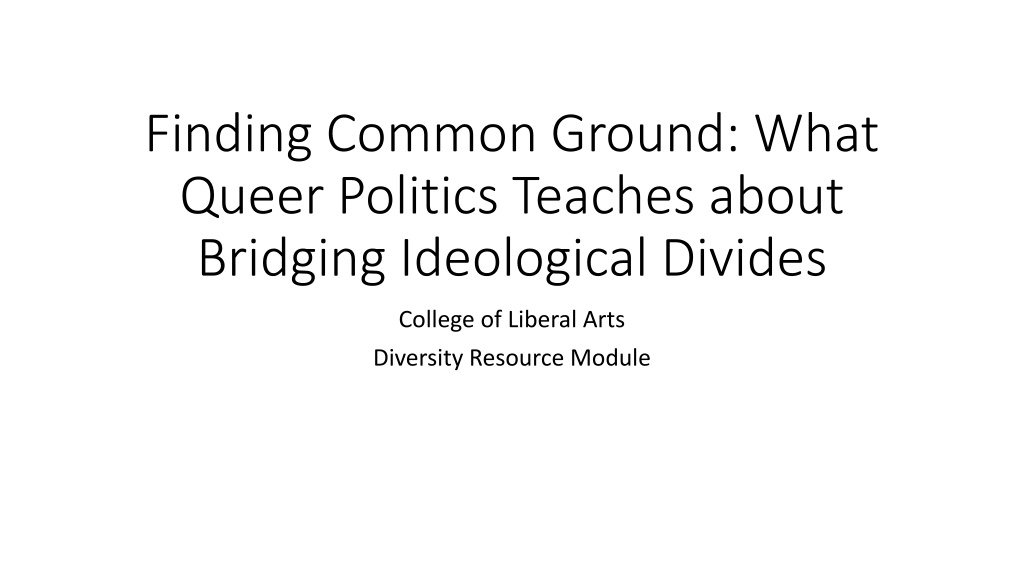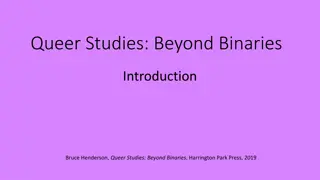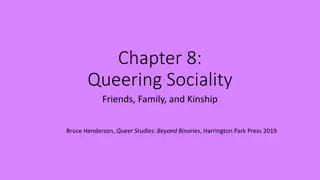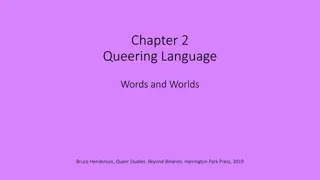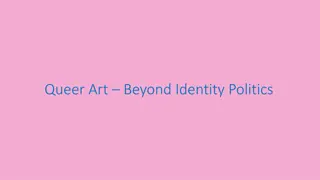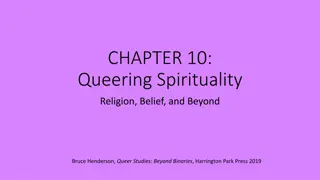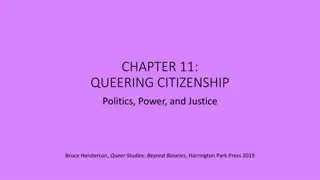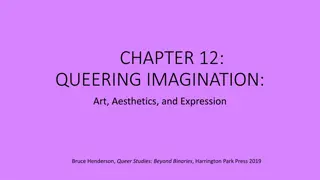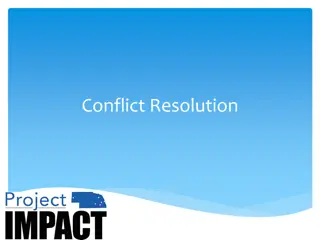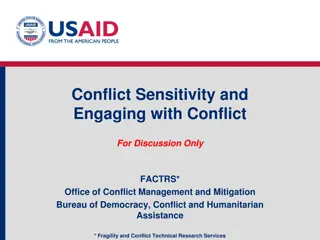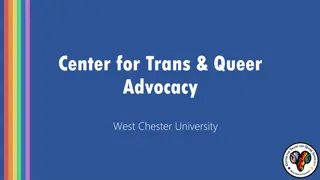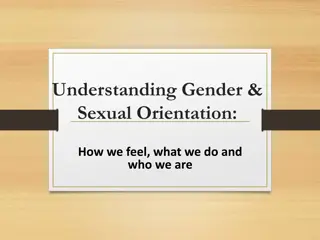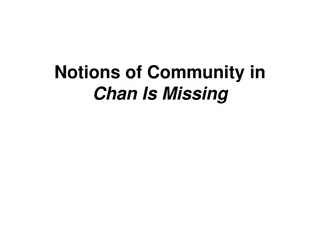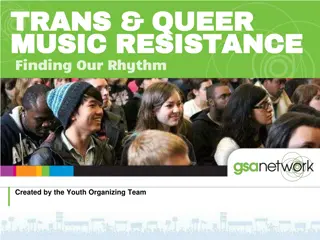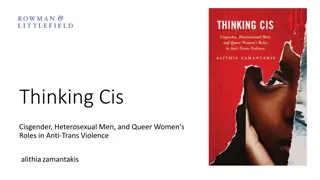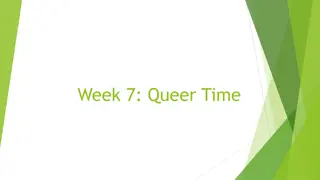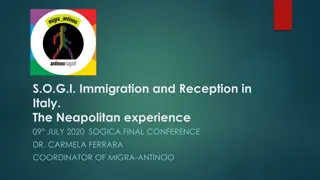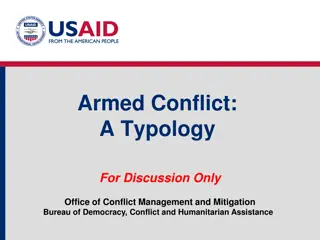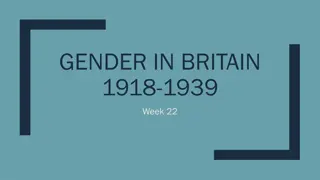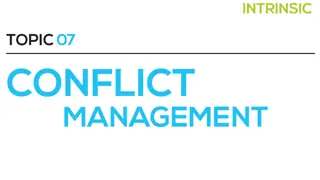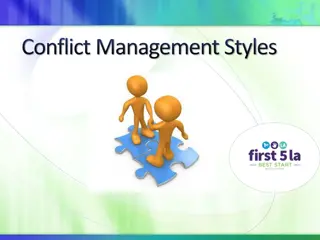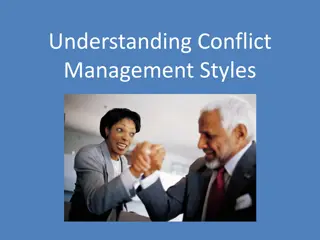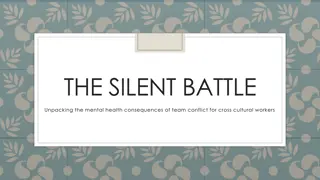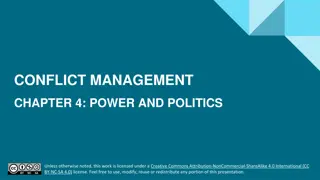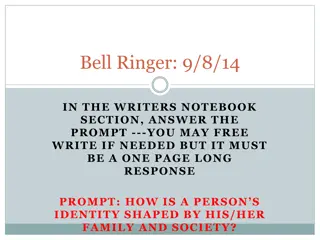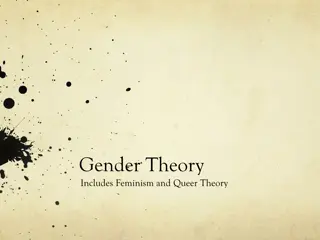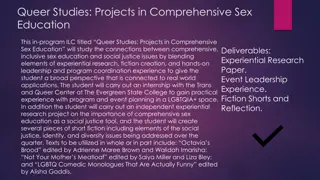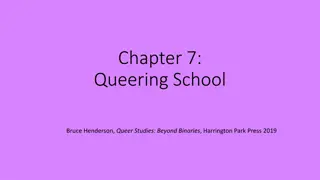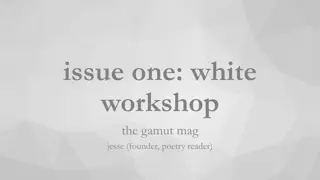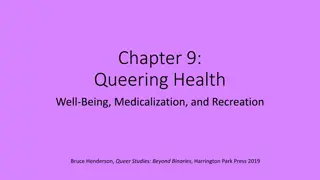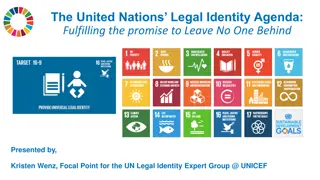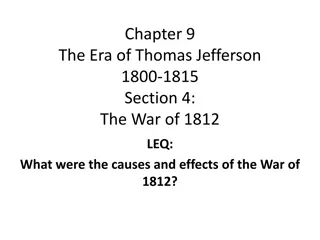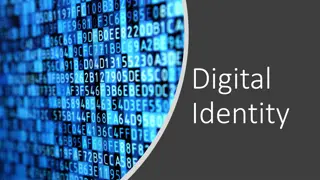Understanding Queer Politics and Identity-Based Conflict in American Society
Explore the dynamics of queer politics, LGBTQ key terms, sources of identity-based conflict, socialization influences, lived experiences of LGBTQ individuals in the U.S., attitude polarization, and information siloing. Discover how bridging ideological divides and understanding diverse identities are crucial in today's society.
Download Presentation

Please find below an Image/Link to download the presentation.
The content on the website is provided AS IS for your information and personal use only. It may not be sold, licensed, or shared on other websites without obtaining consent from the author. Download presentation by click this link. If you encounter any issues during the download, it is possible that the publisher has removed the file from their server.
E N D
Presentation Transcript
Finding Common Ground: What Queer Politics Teaches about Bridging Ideological Divides College of Liberal Arts Diversity Resource Module
The LGBTQ Coalition Key Terms: With identity terms, trust the person who is using the term and their definition of it, above any dictionary! Sexual Orientation Gender Gender Identity Gender Expression Transgender Queer Ally See Human Rights Campaign Glossary of Terms for additional information. [Can be combined with Activity 1: Understanding Identity Coloring Page]
Sources of Identity-Based Conflict in American Politics & Society Social Construction of Difference [define social construction, readings from Ore (2018) can help] Social Construction of Sexuality and Gender [apply definition to systems of power, reading from Canaday (2009), Faderman (2015), Miller, et al. (2017) can help] Heteronormativity Cisnormativity
How Do You Know What You Know? Socialization Socialization [define socialization and discuss agents of socialization, readings from Ore (2018) can help] [Can be combined with Activity 2: Think, Pair, Share Socialization/Hetero- and Cis Normativity]
Lived Experience of LGBTQ People in the U.S. [use MAP for more detail/analysis]
Attitude Polarization & Entrenchment Polarization [define polarization of attitudes toward LGBTQ people and trends in public opinion Garrettson (2018) can help] Attitudes toward Homosexuality (Gays & Lesbians) Attitudes toward Transgender and Gender Non-Conforming People
Attitude Polarization & Entrenchment Information Siloing [define information siloing & discuss how social networks and media choices reinforce pre-existing beliefs about LGBTQ people, making it difficult to change opinions Harrison & Michelson (2017) and Michelson & Harrison (2020) can help] [Can be paired with David Healey s Ted Talk Silos into Sousaphones about how college bands help bring people together and universities are supposed to foster dialogue and/or Activity 3: Video Discussion Media & Information Siloing about homogeneous social media networks.]
Historical Efforts of the LGBTQ Movement to Overcome Heteronormativity Gay Identity Coalescence in the Mid-20thCentury Stonewall (a turning point) [Faderman (2015), and the films listed in the Media Resources section can help]
Historical Efforts of the LGBTQ Movement to Overcome Heteronormativity Intersectionality & Internal Policing of Identity [discuss multiple marginalization and how BIPOC and transgender people were marginalized by predominantly white gay/lesbian movement organizations, Faderman (2015) can help] [Can be paired with trans activist Sylvia Rivera s Y all Better Quiet Down speech and/or selected scenes from the film The Death and Life of Marsha P. Johnson]
Lessons from the LGBTQ Movement for Overcoming Ideological Divides Social Movement Strategies Visibility: Assimilation or Liberation? [Discuss the tension between activists to assimilate within hetero/cis-normative society or attempt to confront and liberate themselves from society. Note the strategy of Visibility and the focus on coming out, Faderman (2015) and Garrettson (2018) can help.] [Can be paired with Yoruba Richen s Ted Talk What the Gay Rights Movement Learned from the Civil Rights Movement about strategies for confronting systemic inequality.]
Lessons from the LGBTQ Movement for Overcoming Ideological Divides Applying Social Science: What Queer Politics Teaches Us Contact Theory [define contact theory and its link to the social movement strategy of visibility and coming out, Garrettson (2018) can help] Dissonant Identity Priming Theory [define dissonant identity priming theory and its effectiveness in changing attitudes about civil rights for gays & lesbians, note limited applicability to transgender civil rights Harrison & Michelson (2017) can help]
Lessons from the LGBTQ Movement for Overcoming Ideological Divides Applying Social Science: What Queer Politics Teaches Us Identity Reassurance Theory [define identity reassurance theory and its key components: acknowledge, appeal, disarm, set expectations, Michelson and Harrison (2020) can help] [Can be paired with Activity 4: Think, Pair, Share Applying Identity Reassurance Theory]
